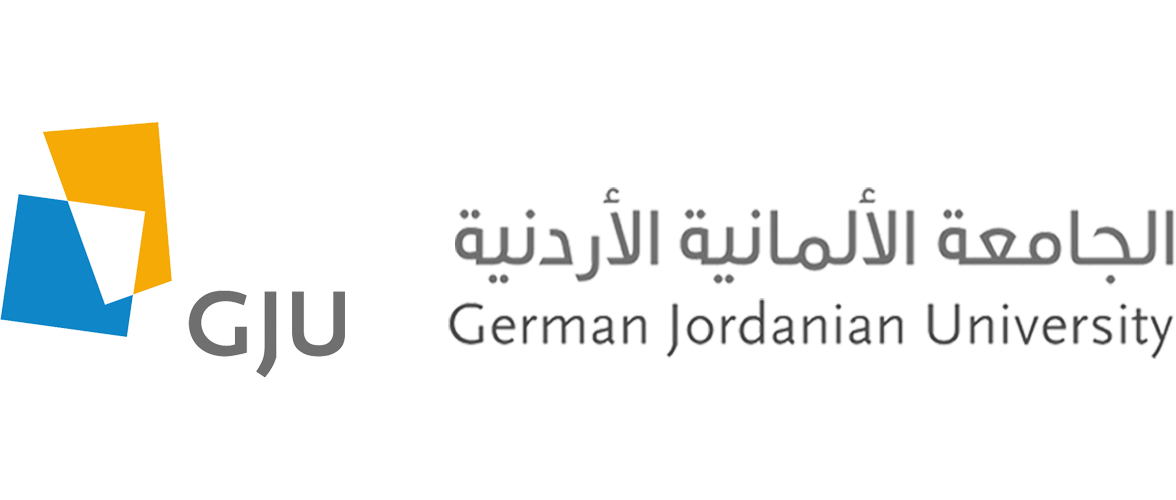
On December 14th, 2023, German Jordanian University hosted the Second Stakeholders Workshop for the Project “Boosting Nexus Framework Implementation in the Mediterranean” (BONEX). The workshop was organized by German Jordanian University and by the International Union for the Conservation of Nature (IUCN-ROWA). The BONEX project is funded by the EU-Foundation “Partnership for Research and Innovation in the Mediterranean Area (PRIMA)”. In Jordan, the BONEX project has a specific focus on the Wadi Mujib Basin, and has the ambition to explore and develop specific solutions promoting the linking of governance with practice to overcome barriers to WEFE (water, energy, food, ecosystem) nexus and policies.
The workshop was titled "Smart Agricultural Techniques and their Impact on the WEFE Nexus – BONEX Demonstration Project on Sustainable Agriculture." Building upon the first stakeholders’ workshop, which focused on activities such as scoping assessments and evaluating various methodologies through a diagnostic approach, the second workshop delved into the intricate realm of smart agricultural practices and their implications for the WEFE Nexus within the context of the BONEX Demonstration Project on Sustainable Agriculture.
The second workshop commenced with a welcome note delivered by Dr. Serena Sandri and Dr. Munjed Alshareef from the esteemed German Jordanian University (GJU). Following this, the session featured an insightful presentation on The BONEX Project and the initial outcomes of the Demonstration Project by Dr. Munjed Alshareef accompanied by Eng. Amjad Abdelqader and Eng. Ala Obeidat from IUCN. This encompassed a comprehensive exploration of the WEFE (water, energy, food, ecosystem) nexus within the Wadi Mujib Basin, coupled with a demonstration of the Causal Loop Diagram Analysis that was developed with the active involvement of stakeholders in this analytical process during the previous workshop.
The second workshop embraced a participatory session methodology as explained by Dr. Ismail Abushaikha. The agenda was meticulously crafted to delve into the barriers and facilitators of smart and sustainable agricultural techniques within the Wadi Mujib Basin, specifically comparing traditional and hydroponic agriculture. The comprehensive discussion encompassed various facets, each moderated by domain experts. Dr. Nooh Alshyab guided the discourse on financing issues, while Dr. Luay Jum’a tackled social, political, and administrative challenges and Dr. Munjed Alshareef steered the conversation on the intricate aspects of physical implementation. Subsequently, the analytical phase unfolded under the guidance of Dr. Arwa Abdelhay, focusing on the impacts of BONEX interventions. This examination extended across crucial dimensions, encompassing water resources, energy resources, land resources, and food production. Additionally, the workshop delved into the ramifications on ecosystems and ecological balance.
Following the workshop, a field visit was arranged to the Dhiban Youth Cooperative, where the BONEX project established two hydroponic and two traditional greenhouses. A comprehensive presentation was given on the second crop, featuring beans. Dr. Serena Sandri, the BONEX Project Manager in Jordan, extended sincere gratitude to the IUCN partners for their unwavering support. She also acknowledged the Dhiban Youth Cooperative for their continuous and valuable contributions and a special acknowledgment was reserved for all attendees from various local stakeholders. Finally, Dr. Sandri expressed gratitude to the GJU-BONEX project team, comprising Dr. Munjed Alsharif, Dr. Arwa Abdelhay, Dr. Luay Jum’a, Dr. Noah Alshyab, and Dr. Ismail Abusheikha, for their ongoing support.

